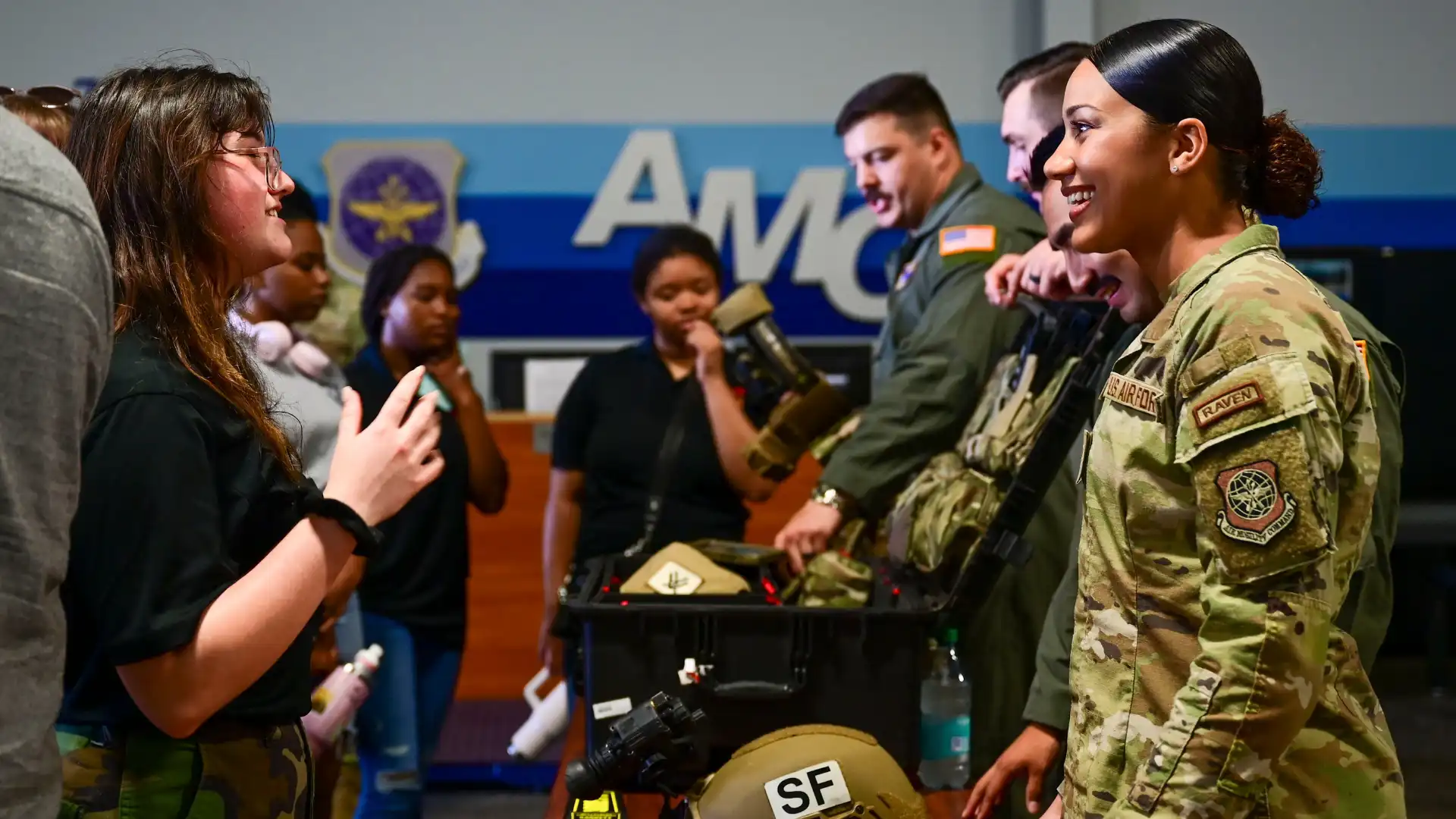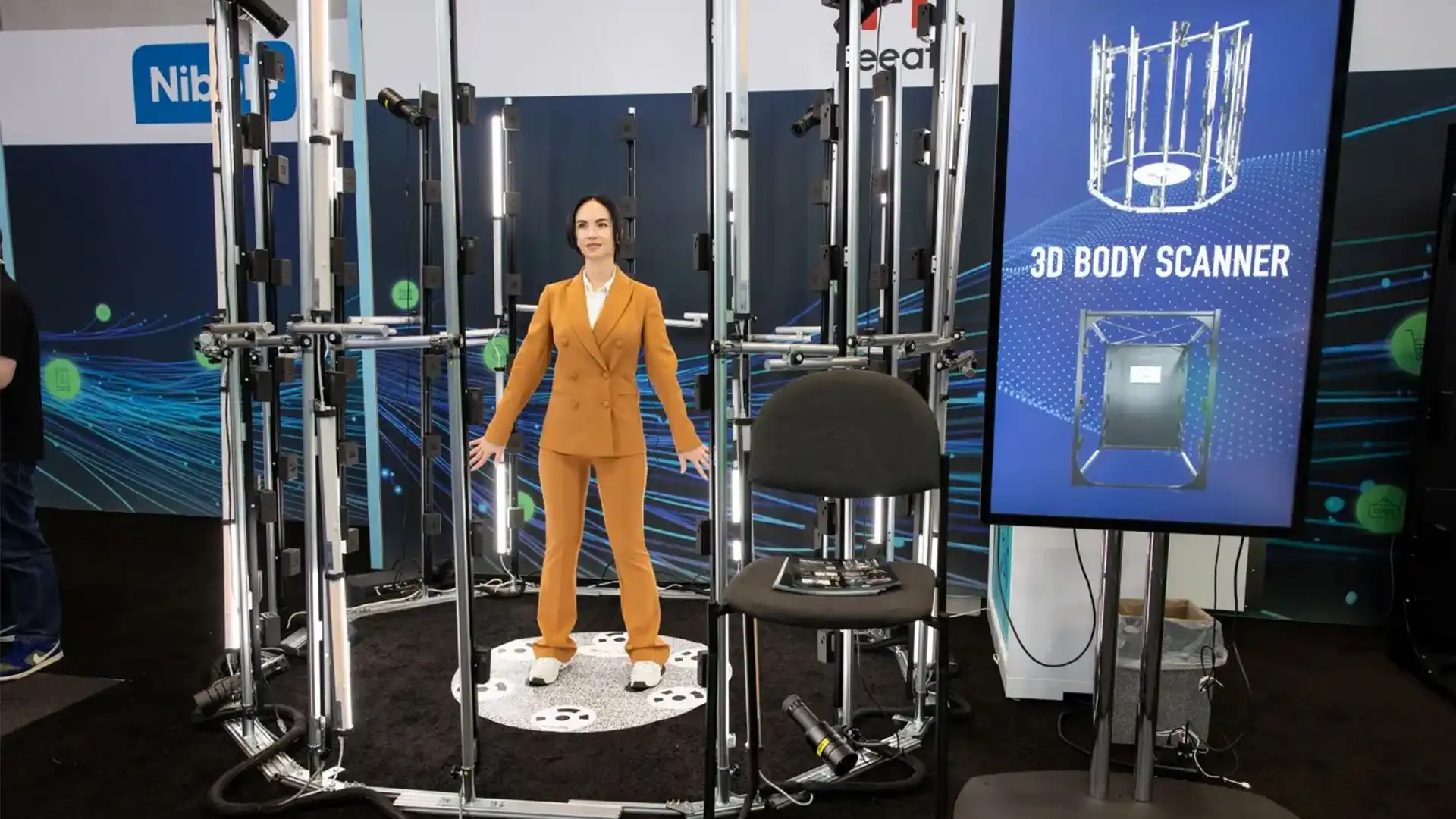It’s time to enter your ‘power’ era—with the skills to match.
“Teachable power skills are pivotal for high school students and experienced professionals alike. Success is synonymous with the cultivation of power skills.” - Ally Steinweg, director of SCADamp, the professional preparation studio of the Savannah College of Art & Design (SCAD).
As Steinweg explains, power skills are competencies including communication, collaboration, self-motivation, work ethic and adaptability. These critical aptitudes—sometimes called “interpersonal skills”—help empower your experience in high school, college and in your adult career. “That very fact emphasizes these skills’ power,” she says.
Unlike hard skills, which involve specific and quantifiable abilities you learn through instruction, power skills inform your performance. Power skills enable you to engage with others effectively and demonstrate what you know professionally. Think about the difference between a “hard” technical skill, like knowing a foreign language or a software program, and a power skill, like empathy. While the latter may seem less tangible, it is, in fact, no less important to success.
Emerging leaders and aspiring entrepreneurs take note: understanding power skills is a step towards lifelong success and to the DECA mission of career preparation.
Learning power skills starts with a process of discovery. What are you dealing with right now as a student? What is your mindset when approaching moments of high-stakes communication or the development or completion of a project? What factors are impacting how you accomplish your goal? By answering these initial questions, we understand how power skills can help you consistently achieve peak performance.
Which brings us again to the crucial connection: schools where students learn power skills benefit not only those students but also their prospective employers. In other words, the more a student becomes versed in power skills, the more effective they will be throughout their careers.
SCADask, the applied research unit of the Savannah College of Art and Design, surveyed high school educators to understand which power skills they believe to be most necessary for success in higher education and throughout their students’ future professional careers. A total of 462 high school educators from 32 countries responded to the survey. More than half of the respondents had over 20 years of experience working in education. While 46% taught art or design, 26% taught electives like theater, robotics, religion, computer science, or art history. 23% supported other areas like life skills, college counseling, values education or career guidance.
According to their responses, the top five power skills are:
- Self-motivation means taking initiative and acting as a self-starter without relying on external sources of motivation or direction. (This was rated as the most important power skill for success as a student in higher education.)
- Having a strong work ethic means being dedicated to the challenge at hand, staying focused and completing tasks on time. (This was rated the most important power skill for professional success.)
- Communication is the ability to craft clear, concise, and relevant messages for others to understand. (This was rated more important for professional success than higher education.)
- Adaptability is the capacity to adjust to new conditions and environments. (Consistent across both domains, adaptability was rated the most important skill for lifelong success.)
- Collaboration involves two or more people working together to achieve a goal. Individuals who form a resilient team capable of integrated storytelling, well-crafted presentations, and a unified drive are effective collaborators.
Which of those power skills do you already have? Which can you learn and develop further?
As you acquire power skills, you manifest what is called executive presence. Even if you don’t aspire to become a quote-unquote executive, this aspirational aspect of being a professional epitomizes the utility of power skills.
After all, no power skill exists in a vacuum. They are permeable and interrelated. While knowing how to speak French will not, strictly speaking, help you learn how to write JavaScript, being able to adjust to living in a dormitory with strangers is directly related to collaborating on projects that require adapting to other perspectives and ideas.
Acquiring power skills can alter the trajectory of your high school years and your subsequent collegiate experience and professional life. Prepare to enter your ‘power’ era—by honing the skills to get there.
Savannah College of Art and Design (SCAD) believes learning power skills equips students for lifelong success. Our dedicated professional presentation studio, SCADamp, was created by SCAD President Paula Wallace in 2020. SCADamp prepares creatives to amplify their stories through verbal, visual, and interpersonal communication, offering multi-tiered workshop series, events, and one-on-one coaching.



















